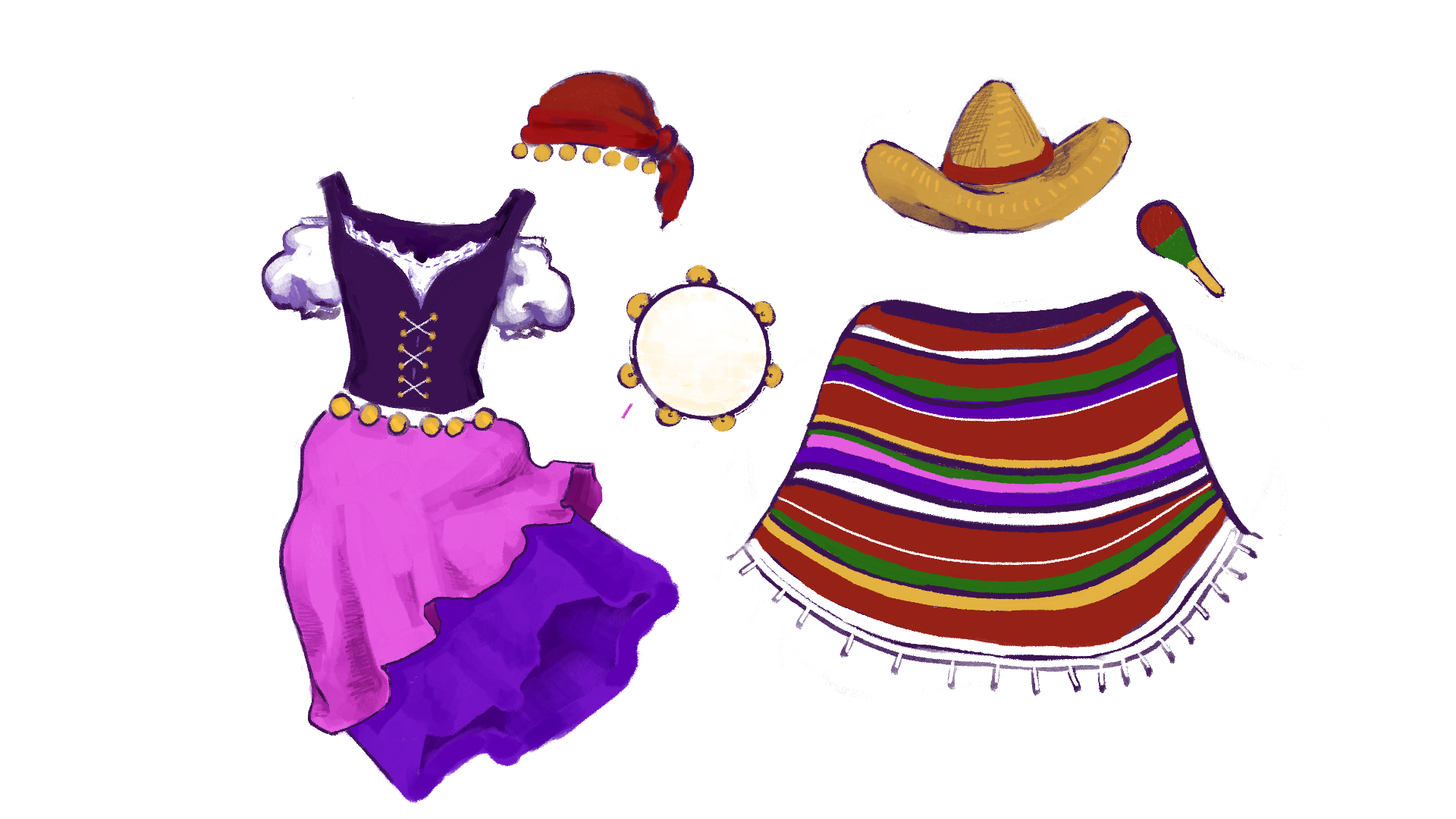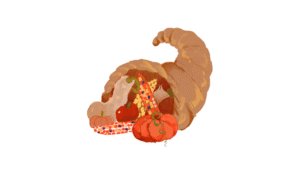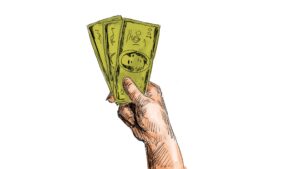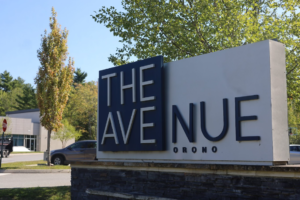OPINION: This Halloween, I’ve seen people in all kinds of fun costumes and festive outfits around campus on my commute between buildings. I’m looking forward to wearing my Ga-linda costume from “Wicked” as well. However, every Halloween, discourse around acceptable costumes begin to resurface in various circles.
While Halloween is about enjoying dressing up as your favorite characters, some costumes should not be considered or even displayed on shelves in stores because certain costumes can be offensive or insensitive.
Halloween costumes should never be someone else’s culture.
Indigenous Americans are frequently the target of this type of caricature. Many of us have likely seen instances of this in the past. Some of these costumes manage to avoid criticism by being based on existing characters — the first thing that comes to mind is Pocahontas. A quick search reveals numerous offensive examples of name changes for marketing purposes such as “Dreamcatcher Woman” and “Indian Princess.”
These blatant acts of cultural appropriation are disrespectful and make a mockery of a culture and its traditional clothing.
Another example is a meme that has been circulating this year featuring a picture of a hat accessory designed to look like a conical rice hat being sold at Spirit Halloween. The label simply says ‘hat.’ This appears to be a recognition from a corporate and marketing standpoint that the hat is culturally insensitive.
If you are unable to accurately label an item, then it is best not to sell it.
I have also noticed at Spirit Halloween, items such as Rasta Hats with dreads attached to them, imitating a black hairstyle that will most likely be worn by a white person. This kind of cultural insensitivity shouldn’t be tolerated because this can also lead to blackface, a serious issue during Halloween that deserves its own separate article.
There is also a category of costume I like to call a shock value costume. These may not necessarily depict a specific stereotype, but they are designed to provoke a reaction of shock or offense.
I have come across an Anne Frank costume, where ‘appeal’ lies in the shock it elicits. It doesn’t require much thought to understand why that is ethically inappropriate. Those who wear the costume are aware of its ethical implication and how it relies on the shock and discomfort to make an impact. The intention is to surprise others while preventing prolonged consideration of the outfit’s insensitivity because it would create discomfort for everyone involved.
These costumes are currently available for purchase in stores and are also being created through DIY methods.
I would expect that by now, it would be understood that these behaviors are unacceptable and inappropriate, but unfortunately, this problem continues to exist.
This Halloween and in the future, I encourage everyone to consider cultural appropriation when selecting their costumes. Avoid being the person whose reputation is tarnished in the future when old photos from this year’s Halloween celebration resurface. Choose not to wear offensive costumes by refraining from purchasing them in stores or creating them yourself.











